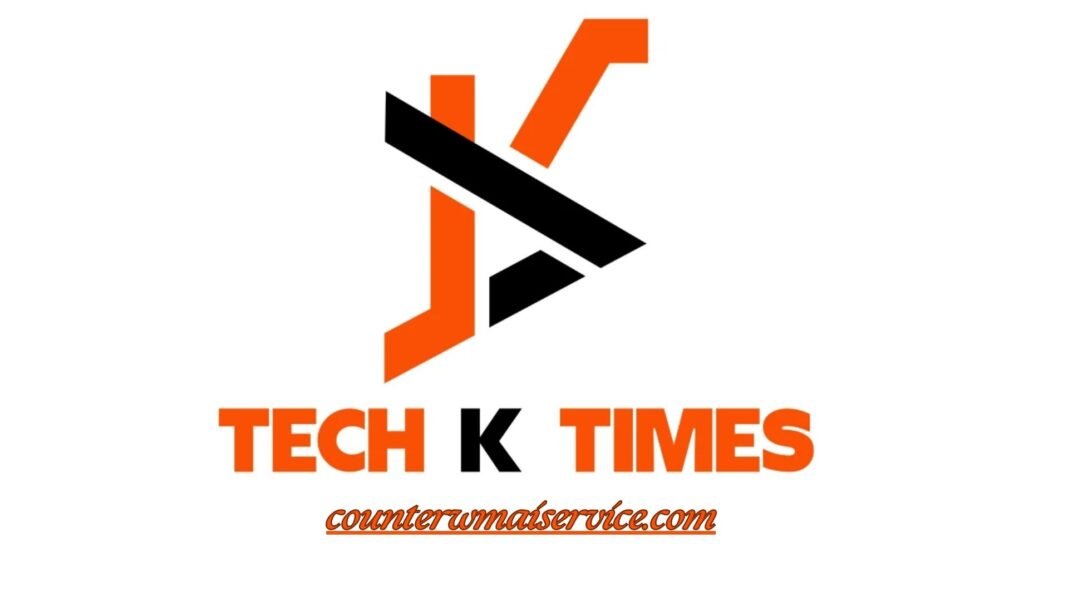In the ever-evolving landscape of technology, artificial intelligence (AI) has emerged as a powerful force, driving significant changes across various industries. One of the most profound impacts of AI is in the realm of automation. From streamlining mundane tasks to enhancing decision-making processes, techktimes.co automation is revolutionizing the future of work.
The Rise of AI-Powered Automation
Automation has been a part of the industrial world for decades, but the integration of AI has taken it to unprecedented levels. Traditional automation focuses on repetitive tasks and predefined rules, whereas AI-powered automation involves machine learning algorithms that can adapt, learn, and improve over time. This means that AI systems can handle complex tasks, make decisions, and even predict outcomes with a high degree of accuracy.
Impact on Various Industries
AI-powered automation is making waves across numerous industries. In manufacturing, AI-driven robots and machines can perform tasks with greater precision and efficiency than human workers. This not only speeds up production but also reduces errors and minimizes waste.
In the healthcare sector, AI automation is being used to manage patient records, assist in diagnostics, and even perform robotic surgeries. By automating administrative tasks, healthcare professionals can focus more on patient care, leading to better health outcomes.
The financial industry is also experiencing a transformation with AI-powered automation. Algorithms are used for fraud detection, risk assessment, and trading. These systems can analyze vast amounts of data in real-time, providing insights that were previously impossible to obtain.
Enhancing Productivity and Efficiency
One of the most significant benefits of AI-powered automation is the enhancement of productivity and efficiency. By automating routine tasks, employees can focus on more strategic and creative aspects of their jobs. This not only leads to higher job satisfaction but also drives innovation within organizations.
For instance, in customer service, AI chatbots can handle basic inquiries, allowing human agents to deal with more complex issues. This improves response times and customer satisfaction while reducing operational costs.
Challenges and Ethical Considerations
Despite its many advantages, AI-powered automation is not without challenges. One of the primary concerns is the potential loss of jobs as machines take over tasks previously performed by humans. This raises important ethical questions about the future workforce and the need for reskilling and upskilling employees to adapt to new roles.
Moreover, there are concerns about data privacy and security. AI systems rely on vast amounts of data to function effectively, and ensuring that this data is protected from breaches and misuse is paramount.
The Future of AI-Powered Automation
The future of AI-powered automation looks promising, with continuous advancements in technology driving further innovation. As AI systems become more sophisticated, we can expect to see even more applications across various sectors.
For businesses, embracing AI-powered automation can lead to a competitive edge, allowing them to operate more efficiently and effectively. However, it is crucial to approach this transformation with a balanced perspective, considering both the opportunities and the challenges it presents.
Conclusion
AI-powered automation is transforming the future of work, offering significant benefits in terms of productivity, efficiency, and innovation. While there are challenges to navigate, the potential for positive change is immense. As we move forward, it will be essential for businesses and policymakers to work together to harness the power of AI responsibly and ethically, ensuring a future where technology enhances human potential.
—
Feel free to adjust any part of this article to better suit your needs or to include any specific details you’d like to add.


